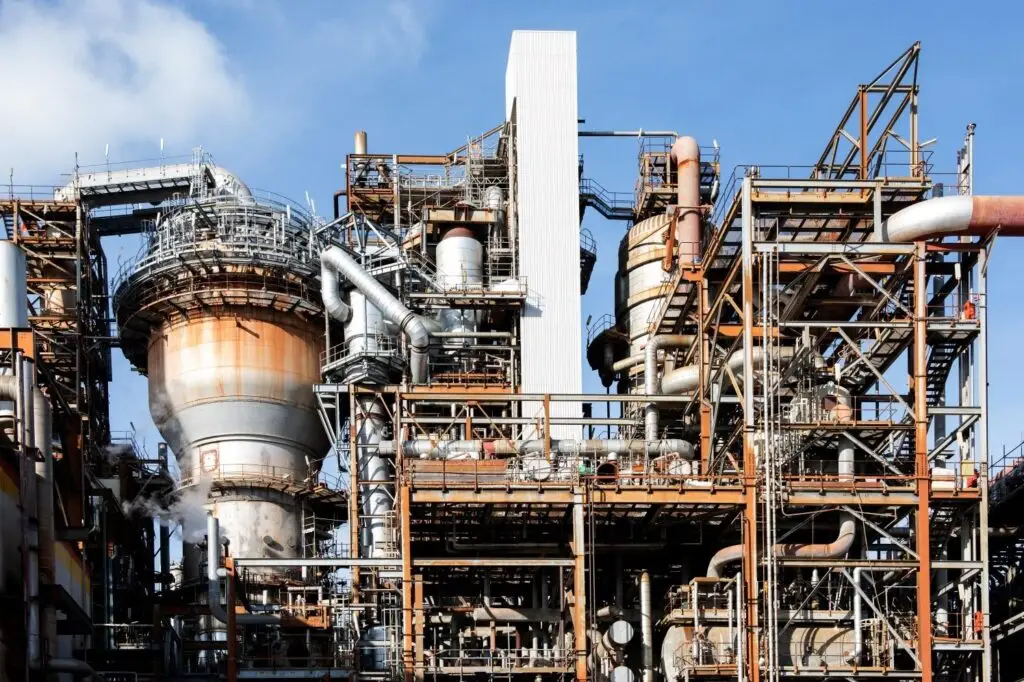EET Fuels has announced that its industrial carbon capture (ICC) project at Stanlow Refinery in Cheshire has reached the front-end engineering design (FEED) stage. This ambitious project aims to create the world’s leading low carbon process refinery.
Indian-owned EET Fuels has appointed Toyo Engineering India Pvt, a subsidiary of Toyo Engineering Corporation, Japan, to undertake the FEED phase. This phase is crucial as it involves design completion, project de-risking, detailed costing analysis, and other vital components. The conclusion of the FEED phase will enable EET Fuels to make the final investment decision (FID) on the ICC project.
Upon expected completion in 2028, the ICC project will capture carbon dioxide emissions from Stanlow Refinery’s full-residue fluid catalytic cracking (FCC) unit, one of the largest such units in Europe. The captured carbon dioxide will be transported using a repurposed gas infrastructure and will be permanently sequestered into depleted gas fields in Liverpool Bay as part of the HyNet industrial decarbonisation cluster.
The project aims to capture around one million tons of CO2 annually, equating to approximately 45% of Stanlow’s total emissions. It has applied for the right to negotiate with the Government for a revenue support mechanism as part of the Department of Energy Security and Net Zero’s Track One expansion programme within the carbon capture, usage, and storage (CCUS) cluster sequencing process. The confirmation date for the final investment decision will be part of this process.
This announcement follows the recent appointment of Wood to conduct the FEED for another of EET Fuels’ projects, specifically the hydrogen fuel switching project. Both initiatives illustrate the company’s active steps toward reducing CO2 emissions at the Stanlow Refinery by 95% by 2030, while also positioning it as the UK’s leading energy transition hub.
Deepak Maheshwari, CEO of EET Fuels, emphasised the project’s significance, stating: “Our ambitious carbon capture and storage plans are a key component of Stanlow, securing the future of the refinery for generations to come and vastly reducing industrial carbon emissions in the North West. This announcement represents a significant milestone as we work to become the world’s first low carbon process refinery, and we look forward to working with Toyo-India to keep momentum towards achieving FID for this project.”
The progression to the FEED stage marks a crucial development in EET Fuels’ ICC project at Stanlow Refinery, promising significant reductions in carbon emissions and advancing the UK’s efforts in industrial decarbonisation.

